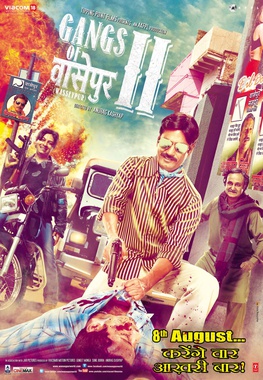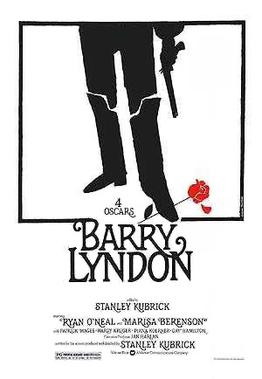 |
| Source: Wikipedia |
Now imagine your tour bus slid off a bridge. It also ran over your guide, who somehow embezzled your life savings and donated it the to “Vaccinate the Three-Toed Sloths Foundation.” And it rained. At this point, there’s little to do but sit around indoors, chow down on local food, and grudgingly get to know the people in your immediate vicinity.
This probably hypothetical example summarizes this movie. Sitting around, doing nothing, eating, talking, doing more nothing.
Two married couples move in to adjacent apartments. One’s husband leaves on a business trip, one’s wife works late. You see where this is going. Despite the porno-riffic title, the odd couple acts polite, reserved, probably to save face. This is 1960’s Hong Kong, not France.
He takes her out to eat, she helps him start the martial arts serial he’s wanted to write. (Well, movie, I want to WATCH one, but here we are.) Then the gossip catches up to them.
So yes, Hong Kong. Slinky qipaos, swanky suits, mahjong parties, and horrendous work/life balance. Balancing freedom of individual choice versus joint decisions as a couple.
There’s slow motion for no reason. A minimalistic soundtrack, meaning silence or the same plucking strings number used half-a-dozen times. Years fly by, and nobody ages except the viewer.
Why is this snoozefest so critically acclaimed? You're asking the wrong critic.
Recommended for bored Asian house spouses, stifled writers who need a dose of nuptial doldrums to get going, and unhappily married businessmen who need an excuse to get back to the office (“She’s watching it again?!”).
98 minutes.
Recommended for bored Asian house spouses, stifled writers who need a dose of nuptial doldrums to get going, and unhappily married businessmen who need an excuse to get back to the office (“She’s watching it again?!”).
98 minutes.



_coverart.jpg)